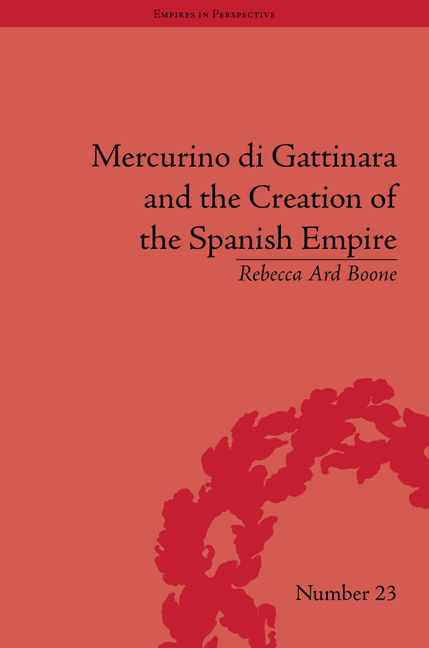2 - Preparing the Way of the Lord
Summary
As early as 1516, the Habsburg dynastic servant wrote a prophetic work directed at the new king of Spain, entitled Supplicatory Oration including a Dream of the Last World Monarchy and the Triumph of Christianity, Broadly Stated, with the Means of Accomplishing It. The work contains a curious amalgam of biblical prophecy, humanist rhetoric and political realism, exemplifying the relationship between the author's identity as a prophet and his function as a diplomat and counsellor. According to his treatise, the means of reaching world domination included not only practical experience and humanist scholarship, but also the heavy application of religious mysticism and utopianism to muster public support for the new regime.
The second decade of the sixteenth century witnessed a blossoming of treatises dedicated to the education of princes. Machiavelli, Erasmus, Seyssel and Budé elaborated the genre of the ‘mirror of princes’. These guidebooks traced their ancestry back to Xenophon's Cyropaedia, a biographical treatise on the art of governing based on Cyrus the Great. Although a few appeared in the Middle Ages, the genre flourished in fifteenth-century Italy. They purported to instruct and spur the new prince on to virtue and contained practical advice on the organization of counsel, finance and foreign affairs, while simultaneously showcasing the wisdom and competence of the author. Although many authors intended their work for a limited audience, Gattinara sought publication for the Oratio Supplicatoria.
- Type
- Chapter
- Information
- Publisher: Pickering & ChattoFirst published in: 2014

